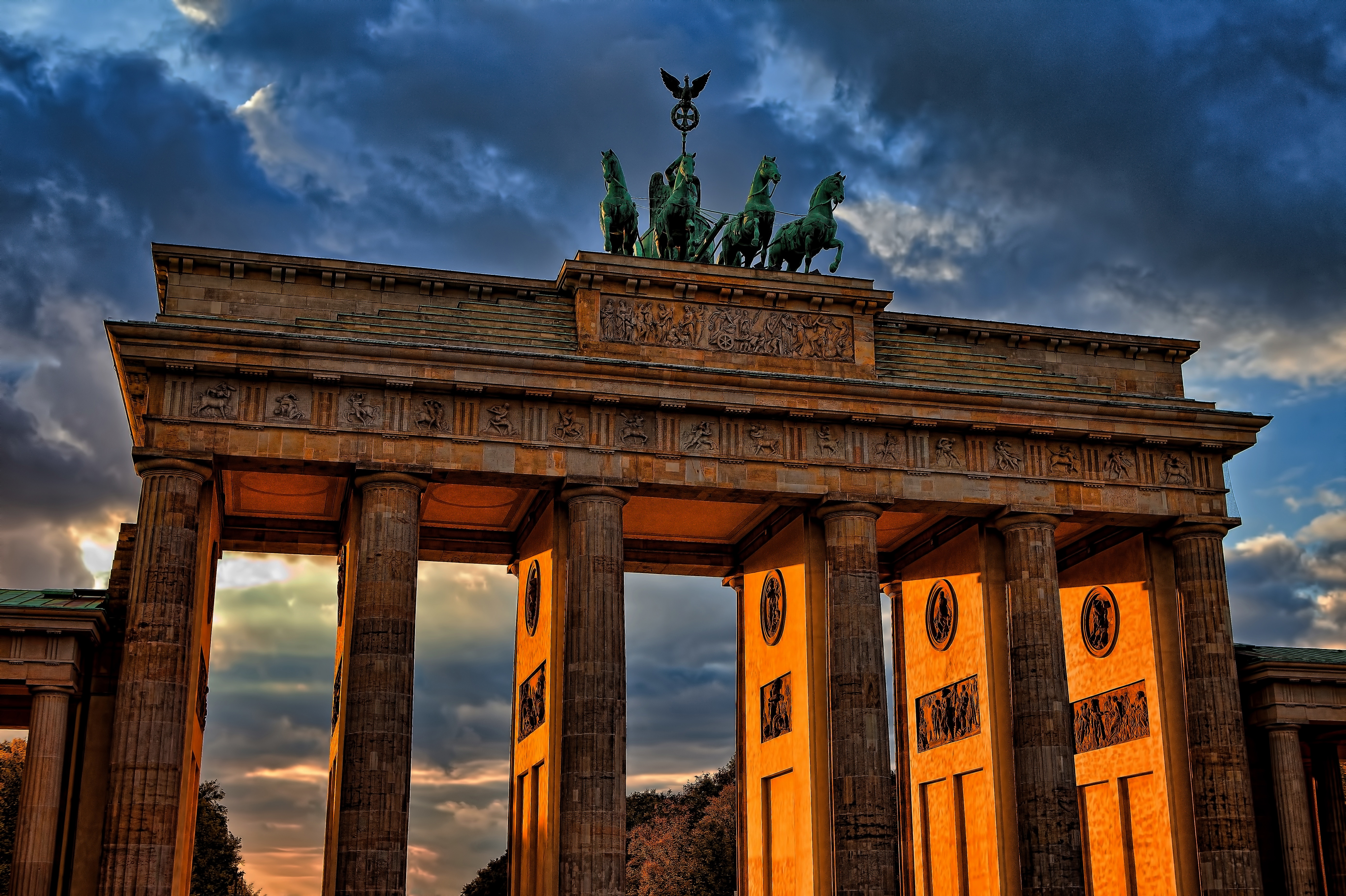Critics Voice
Covering The 68th Berlin Film Festival (2018) – by Julian Wood

Film festivals really started as sort of trade fairs, and a lot of films are still bought and sold in the early market period of the Berlin Film Festival but it has now become a huge attraction for all those who write or broadcast about film. Journos of all descriptions certainly buzz around the Berlinale, now recognised as one of the major festivals on the world circuit.
If you are lucky enough to get to cover it (a first-time experience for this humble reporter) then you are immediately confronted by its sheer size and volume. Longterm festival director Dieter Kosilick (who retires next year) chose around 400 films for this year’s event, ranging from blockbuster titles to the genuinely obscure.
Because thousands of journalists come from all over the world, you realise you are a small fish in a very big pond. Although it is not too euro-centric in itself (or in its selections), the festival didn’t have many people from Australia attending – long flights and expensive international airfares must be a factor here. In fact, there were only about twelve of us. (The Germans being efficient as usual have lists of journalists by country if you ask).
The busy routine takes a little getting used to. Free tickets allocated to the press are only available on the day before each screening. You cannot get your whole allocation in one go and the festival more or less refuses to trade in online screeners. This means you should get to the press counter early (the temporary festival offices and the press section seem to take up a huge proportion of the giant Hyatt Hotel in the centre of the city.). By early I mean early enough to have bolted your hotel breakfast and be in the queue by 8:15 or so. No jokes about how the Germans always get the sunbeds first, but the queues are pretty long even at that hour If you turn up at, say, 9:30 and start queuing you are likely to find the allocations have been filled for the popular films. Also, old timers know that the secondary screenings are often at cinemas on the edge of town which means you may spend a lot of time on the public transport system.
A quick note on the people that staff the tickets counter. They are unfailingly polite and helpful and, perhaps more importantly, they seem to genuinely love film and will welcome you coming back later in the day when they can chat to you about your reactions. The whole festival is set up to be foreigner-friendly. All the announcements and press releases are in German and English and all the staff seem bilingual too. In fact, one German friend jokingly complained to me by asking “doesn’t anyone in Berlin speak German anymore?”
You can’t cover everything of course, but there were a few films I would really have liked to have seen. For example, there was Rupert Everett’s directorial debut (and role of a lifetime) The Happy Prince, and Christian Petzold’s Transit*. These were films that I heard really good things about. Wes Anderson’s Isle of Dogs was also completely booked out, but that piece of canine whimsy has already opened here. Interestingly, few critics were talking about a first-time feature from Romanian director Pintille but she took out the top prize with her film Touch Me Not*. Let’s hope the distributors in Australia don’t take that an instruction.
Sometimes a particular screening can generate an atmosphere or sense of occasion which forever marks the film in your mind. I went to the second screening of Erik Poppe’s U-July 22. This was out at one of the far-flung suburban venues but it was still a full house. The film (which is about the nation-scarring massacre of young students at Utoya in Norway in 2011) is an odd mixture; it is in part a ‘mediation’ on inexplicable violence and partly an actioner. It uses a hand-held, panic-laden kinetic approach which is bold and effective. At the end of that screening no one clapped, or spoke for several minutes. That, and the contemplative Japanese documentary Inland Sea. were personal highlights.
As noted, the program is huge and you have to not fret about a failure to be all-encompassing. By the time you have done a couple of interviews and seen half a dozen features it is suddenly over. The atmosphere for both cineastes and reporters does sweep you along and you can see why people get addicted to attending such events. As the character Caliban said (in The Tempest), ‘when I woke, I cried to dream again’.
Written by Julian Wood.
Covered the Festival for FILMINK
* Screening at the Sydney Film Festival
The following prizes were awarded:
- Golden Bear – Touch Me Not by Adina Pintilie
- Jury Grand Prix (Silver Bear) – Mug by Małgorzata Szumowska
- Alfred Bauer Prize (Silver Bear) – The Heiresses by Marcelo Martinessi
- Silver Bear for Best Director – Wes Anderson for Isle of Dogs
- Silver Bear for Best Actress – Ana Brun for The Heiresses
- Silver Bear for Best Actor – Anthony Bajon for The Prayer
- Silver Bear for Best Script – Alonso Ruizpalacios and Manuel Alcalá for Museum
- Silver Bear for Outstanding Artistic Contribution – Elena Okopnaya for costume and production design in Dovlatov
- Golden Bear for Best Short Film – The Men Behind the Wall by Ines Moldavsky
- Prize of the Ecumenical Jury – In the Aisles by Thomas Stuber
- GWFF Best First Feature Award (50.000 €) – Touch Me Not by Adina Pintilie
